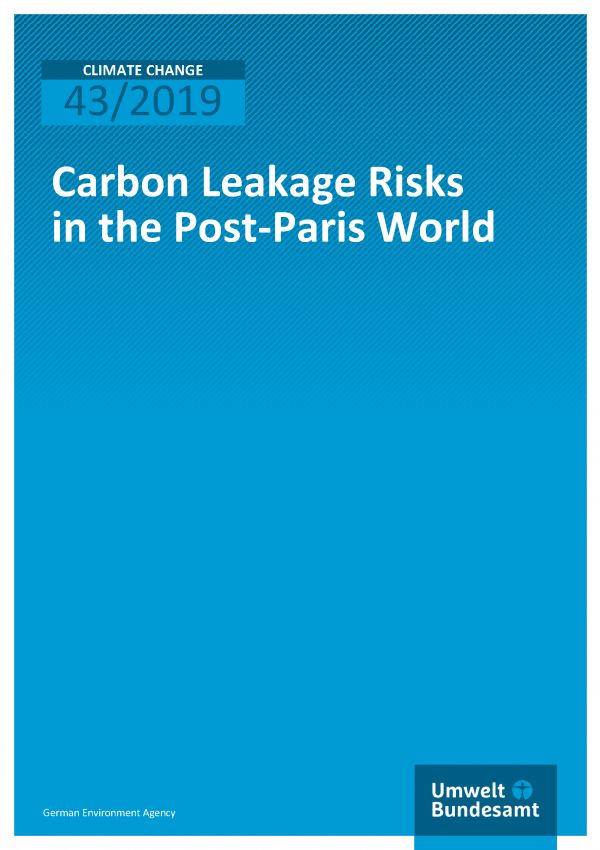© Heng kong Chen | Fotolia.com
Analysis of the Competitive Situation and the Carbon Leakage Risk of European Industries
- Project
- Duration
-
-
Companies in countries with strong climate protection efforts often perceive these efforts as a competitive disadvantage. The risk, that companies lose market share due to asymmetric climate protection efforts or that new investments in ambitious countries decrease is referred to as "carbon leakage". In this project, Ecologic Institute, Öko-Institut and CE Delft examine the impact of new developments in climate policy on the established carbon leakage debate and what policy measures are needed to deal with these developments.
The political and scientific discussion about carbon leakage goes back more than a decade. In the recent past, however, there have been some developments that give cause to reconsider the basic assumptions of the carbon leakage discussion. On the one hand, the EU has continued to develop its climate protection policy, in particular through the agreed reforms of the EU emissions trading scheme (ETS) from 2020. These policies are likely to result in increased CO2 prices in the EU ETS and a downward trend in free allocation for companies, depending more heavily on production volumes. On the other hand, not least as a result of the Paris Agreement, numerous countries worldwide have committed themselves to a more ambitious climate protection policy - including the planned or implemented introduction of emissions trading systems or carbon taxes in countries such as China, South Korea, Mexico, Canada, Chile or South Africa.
This project examines how such developments affect the actual carbon leakage risk of European companies and sites. The aim is to critically review key assumptions in the leakage discussion and to point out new ways in which carbon leakage can be rethought under changing conditions – as well as how these considerations can be translated into concrete policy measures if necessary. With this project, Ecologic Institute supports the German Emissions Trading Authority (DEHSt) at the Federal Environment Agency and the Federal Ministry for the Environment, Nature Conservation, Construction and Nuclear Safety (BMUB) in the further development of the European Union's emissions trading system. Ecologic Institute leads the project and works on it in cooperation with the Öko-Institut and CE Delft.
Project execution is carried out through the following steps:
- Presentation of the current empirical findings on carbon leakage within the framework of the EU ETS
- Definition and operationalization of the carbon leakage risk
- Analysis of current climate policies in the EU's main trading partner countries and their relevance for assessing carbon leakage risk
- Analysis of the effects of the allocation of emission certificates on carbon leakage risks in the 4th trading period of the EU ETS
- Scenario analysis to consider expected constellations of future climate protection policies in partner countries and their effects on the carbon leakage risk of the EU ETS sectors
- Exploitation of the project results in the form of a technical discussion






